\ˈgrau̇t\
I have been thinking a lot about Parisian grout, after the neighborhood we so briefly called home came under assault last Friday. In the past few days I have been mentally retracing our steps across the district, recalling people we encountered. The red-haired bartender at the café across from the Bataclan concert hall, where Everett and I stopped for a drink after buying food for our Bastille Day dinner. The lady at the nearby boulangerie who greeted me kindly every afternoon and grinned behind her hand at my bad French. The restaurant we visited on our first night in Paris, around the corner from Le Petit Cambodge, where we sat at a sidewalk table into the long evening. The middle-aged man at the table next to ours who rose, smiling, to greet his companion with a kiss. The knots of young adults—black, brown, white—lounging on the canal embankment, chatting, smoking, drinking cheap beer. I hope they are safe and well, and that they find healing.
One article I read in the aftermath of the attacks pointed to a possible rationale behind the terrorists’ choice of targets: this was the heart of young, progressive Paris, the author said, places where white Parisians and folks from the banlieues mingle and hang out. Where the bonds between immigrant and native are being hesitantly, imperfectly strengthened. The terrorists could not have been blind to this symbolism, he said, when they struck here—not at government ministries or cultural sites or tourist magnets, but at ordinary life and the promise of a more integrated society.
Perhaps so. They struck at the young bartender and the baker and the restaurant goers and the young people beside the canal. At places where you eat and drink, where there is porridge and beer and good bread. Places where people rub up together. Where a community is bound together by a thin, fluid mortar that flows into the gaps between them. A smile, a nod, a can of beer. Music. A kiss. Grout.

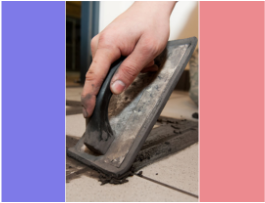


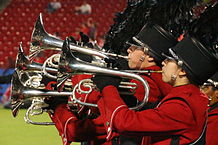

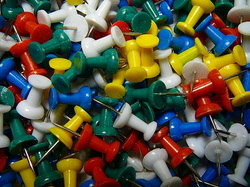
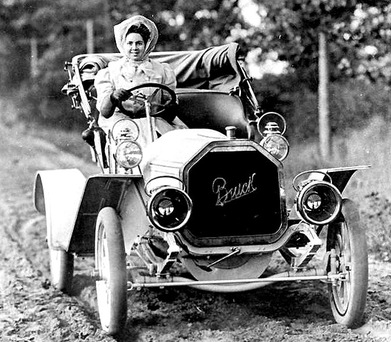
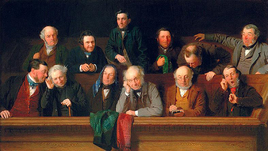

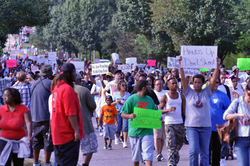




 RSS Feed
RSS Feed